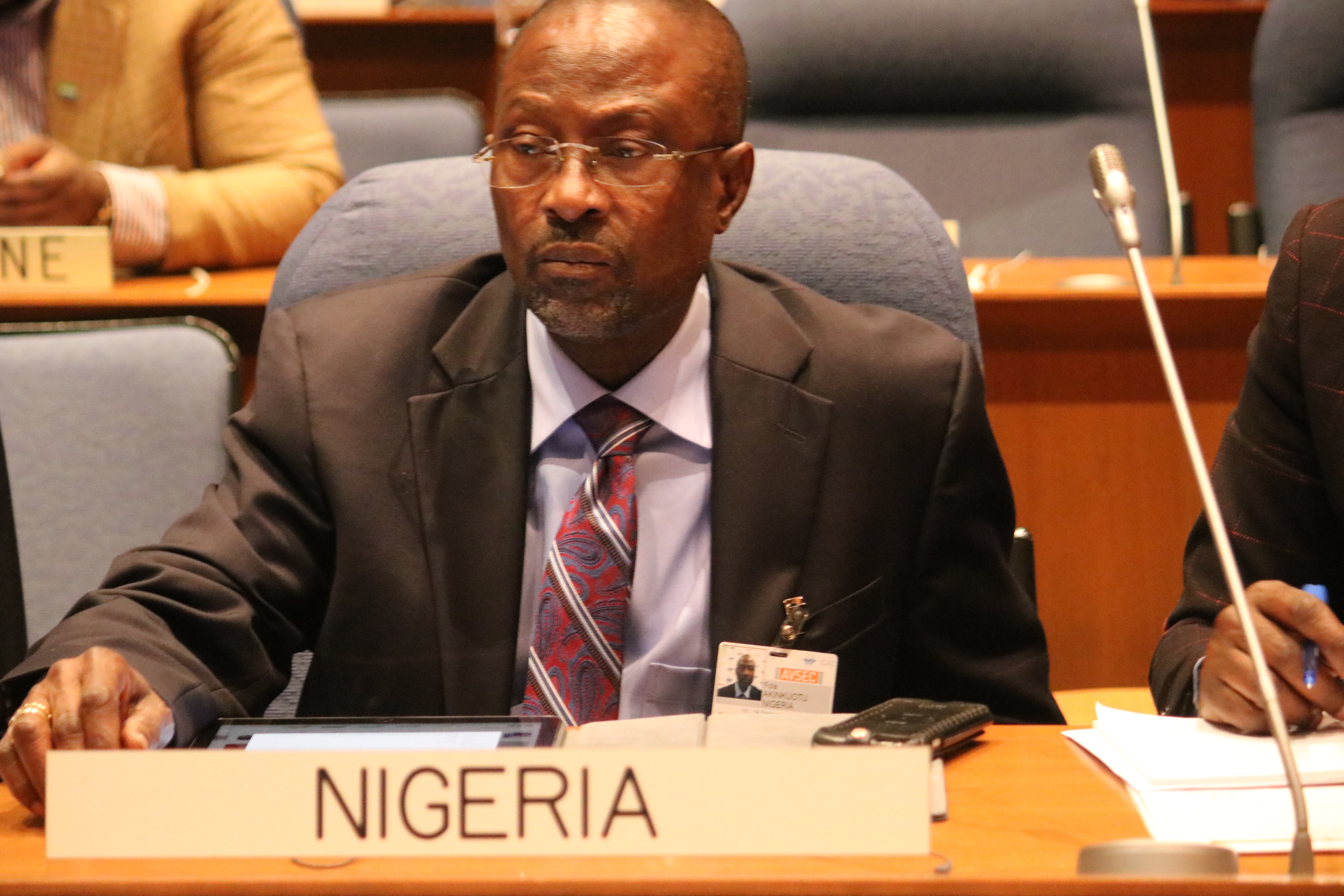
The Managing Director of the Nigeria Airspace
Management Agency (NAMA), Captain Fola Akinkuotu, has said despite the efforts
to improve airspace radio communication, the system still suffers disruptions,
which have impeded flight safety.
Akinkuotu made this known on Wednesday during the Air
Traffic Controllers (ATC)/ Pilot interactive session in Lagos.
The interaction with the theme: ‘Enhancing Safety
of Flight Operations’ was organised by Nigerian Air Traffic Controllers'
Association (NATCA) in collaboration with the Flight Crew Association of
Nigeria (FCAN) and National Association of Aircraft Pilots and Engineers
(NAAPE).
According to Akinkuotu, part of NAMA's job is
provision of communication in the airspace, but the agency is yet to achieve
that 100 per cent.
He said: "Radio communication today is not the
best. I have spent two years in NAMA, and I thought I would have fixed this
problem but I haven't. Effort is being made and we are not going to stop
because any air traffic communication that is not crisply clear is a recipe for
confusion.
"In the South-east region, a lot of pilots
have had to step on one another and ATCs because of poor communication, and if
you are foreign to the clime, that may make you categorise our airspace as
unsafe.
"I work for NAMA, and part of NAMA'S job is
communication but we have not achieved what we set out to do. And so we are
asking feedback from the users. We are not afraid of criticism but we enjoin
you to make it civil. We beg, we implore, we beseech in the interest of safety
to take things seriously, and for our pilots to be more patient and
understanding with the ATCs."
Speaking in the same vein, President of NATCA,
Abayomi Agoro, said commercial flight operations without communication between
the pilot in the cockpit and controllers in the tower have consequences that
could better be imagined.
"The present Controller-Pilot VHF
Communication coverage of Nigeria's airspace is a far cry from the required
international standard, but it is still work in progress with NAMA. Over the
years, it has been quite herculean task for air traffic controllers to
communicate effectively with pilots.
"At the risk of sounding repetitive, it is
important to mention it again that the control towers at the following
locations- Kaduna, Maiduguri, Ilorin, Yola, Sokoto, Benin-city Kastina-are in
very deplorable state.
“The case of Abuja tower elevator that suddenly
dropped from the topmost floor to the ground is a sore point in Nigeria's
aviation industry. Even more worrisome is the threat of health hazard to ATCs
who go through agony climbing 232 flights of stairs on a daily basis,” he said.
Agoro also decried the loss of revenue in foreign
exchange by NAMA because aircraft now avoid the Nigerian airspace to operate in
contiguous airspace.
He also decried the limited number of ATCs in the
country to effectively man all the ATC units across Nigeria, which he said hampered
service delivery leading to the overworking of staff, and might have safety
implication.
Speaking earlier, Representative of Director
General Nigeria Civil Aviation Authority (NCAA), Director of Training, Captain
Abdullahi Sidi, said the opportunity to gather the major players and positively
discuss safety and proffer solutions to mitigate the problems faced in the system
was commendable.
No comments:
Post a Comment